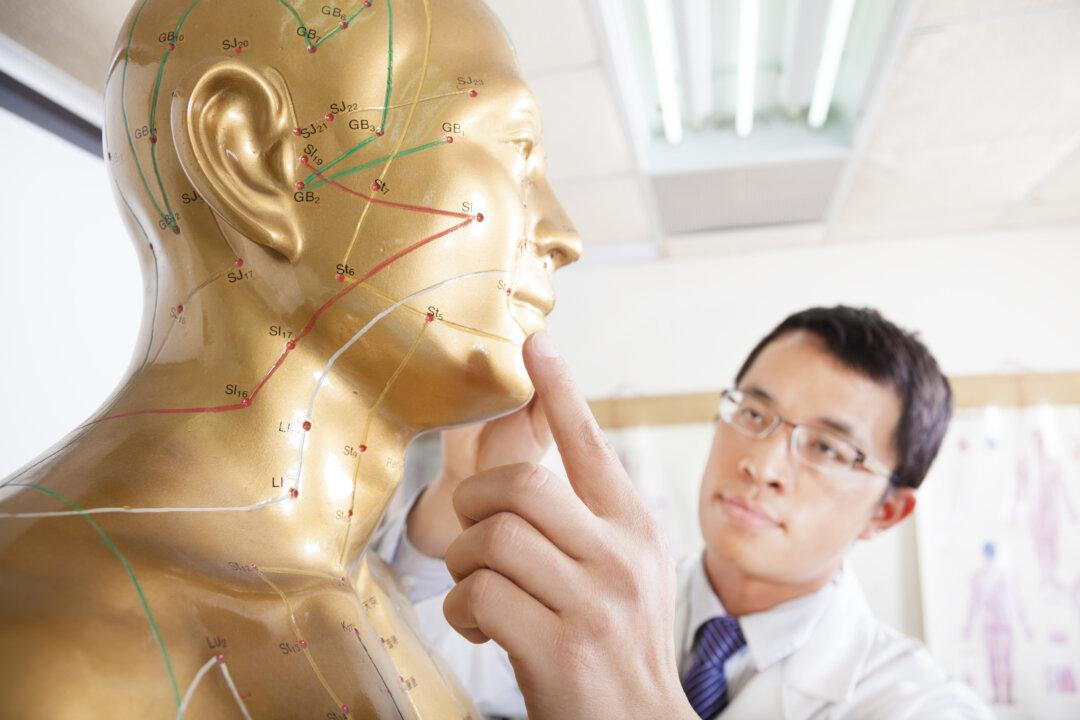A woman’s fertility peaks in her 20s, but the timing of life doesn’t always cooperate with family planning. Today, many couples aren’t ready to bring a child into the picture until after the woman turns 35—when the chances of getting pregnant begin to fall and the likelihood of miscarriage rises.
Just a few decades ago, couples who were unable to conceive had few options outside of adoption.






